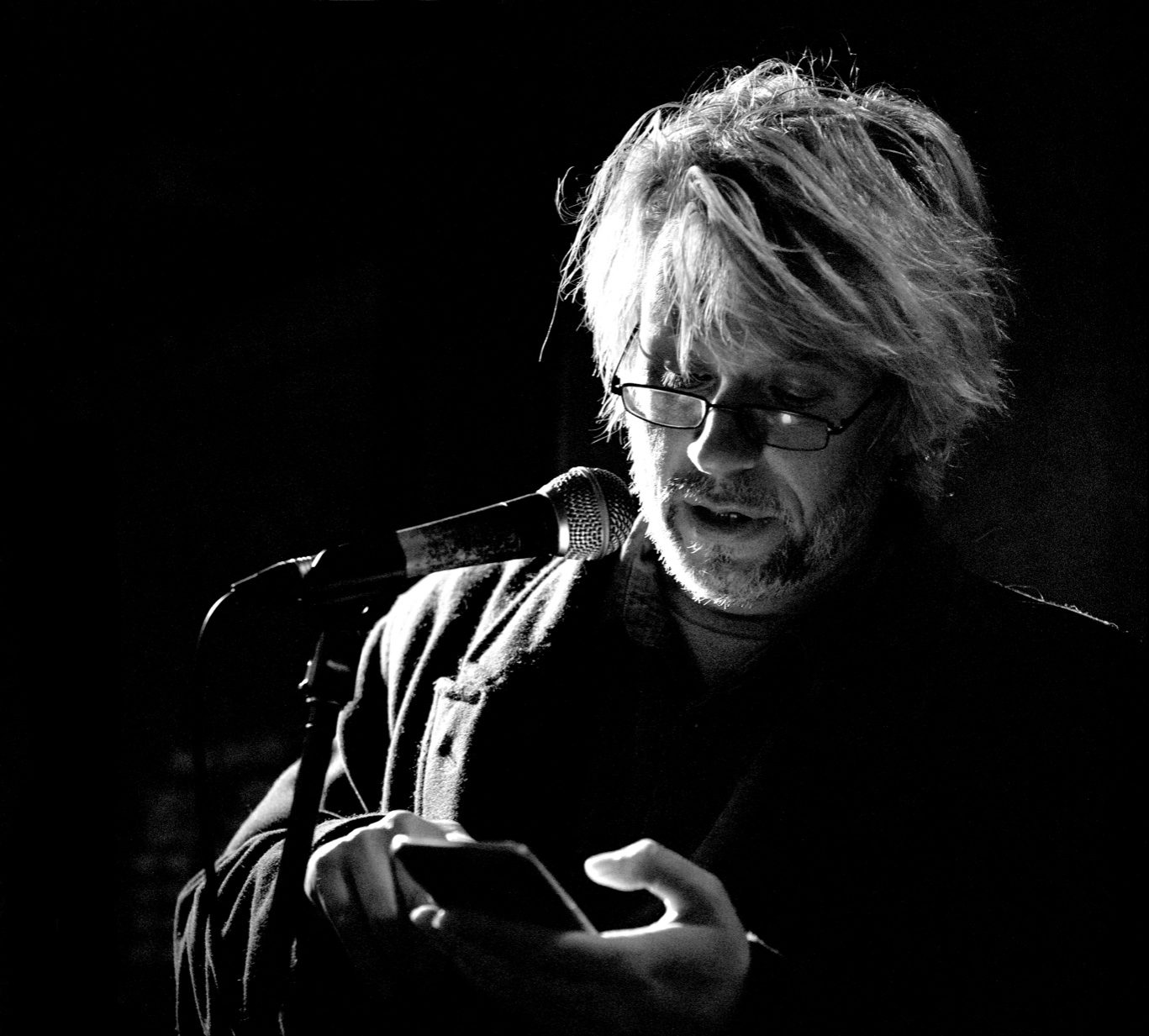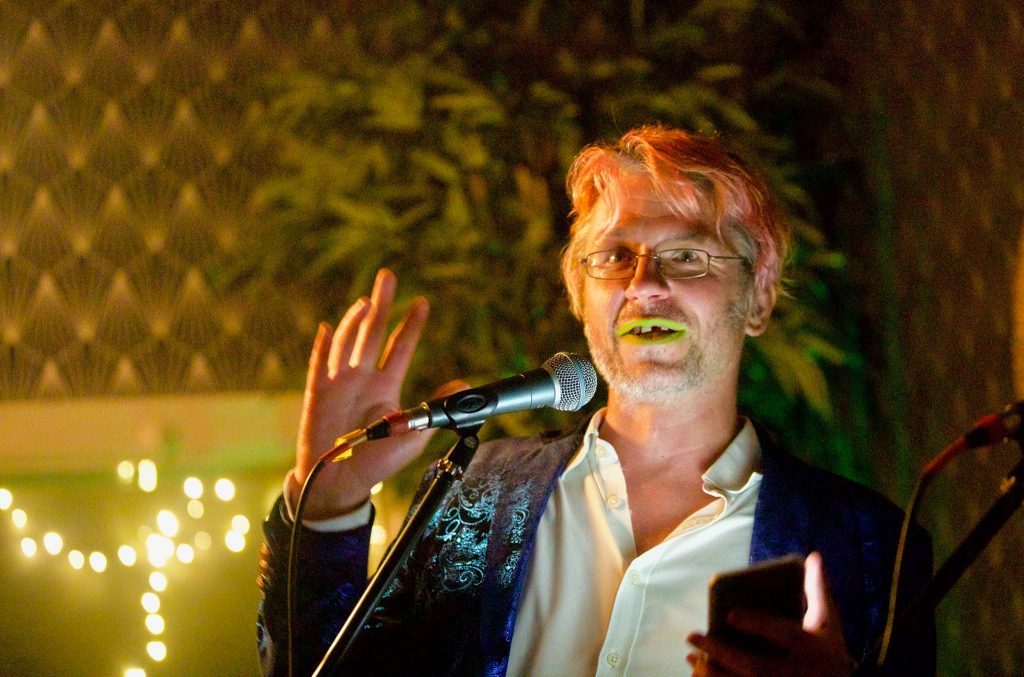
So you’ve booked to run a workshop; what’s the first thing you do?
After you jump up and down singing ‘money, money, they’re gonna pay me money!’
Ok, the second thing you do.
You start planning. Going through notes of workshop exercises you’ve done in the past, figuring out what exactly you want to teach. I’ve done this before, I’m not starting from scratch, now where are those notes? Ok, that fits, that can be tweaked to fit, that’s not appropriate for this workshop but it gives me an idea…
The trouble is that until you know how many workshop participants you’re going to have, it is impossible to know exactly how many exercises you’ll have time for. And this is where we differentiate between giving a talk or a lecture and running a workshop. Timing a lecture is fairly straightforward. You write a script, set a timer, and read it aloud. Edit, repeat, edit, repeat. A workshop is very different. Six participants versus twelve participants, or twenty. How much time is available to spend with each person on each exercise?
Keep in mind that just because you put a cap of ten participants, that doesn’t mean ten people will book to attend. You have to be adaptable.
My theory is to plan a small number of core exercises, and then load up with more than I’ll ever be able to get through. If fewer people book to attend the workshop, I know that I can get through more material, with plenty of time for each individual attendee. More participants mean fewer exercises, but shouldn’t mean less interaction time per individual per exercise.
Does that make sense? It’s a sort of fluid mathematical formula.
And of course, there is the factor of duration. Is it a two-hour workshop or four, for example? The planning is intense and painstaking either way. And I do plan weeks, months sometimes, in advance. You may not be able to tell this if you’ve attended one of my workshops, but rest assured you’re getting your money’s worth from all the hours of preparation that have gone into the lead-up.
The reason I say you might not be able to tell is that after all that planning, I’m pretty prepared to walk into the room and throw away a lot of my notes. Because a workshop is about the people in the room. What do you want to learn from the knowledge and experience that I have? Ask questions, tell me what you want to know, and tell me if I’m not being clear. In that moment, a lot of that planning flies out the window.
And in this way, I hope, any workshop I do will be a unique experience. And one where I learn along with the group.
My brain works in an anecdotal way, so there are going to be questions and discussion points that set off stories from the many years I’ve been writing and performing. I understand this is not the way that everyone works. I’m not the slickest workshop facilitator ever nor am I trying to be, but I try to be present and adaptive. And I hope that those stories offer insights into the craft that we’re there to learn; whether that’s writing, performing, running a gig, or whatever it may be.
The recent performance poetry workshop I ran for Melbourne Poets Union started with a 50-minute discussion about fear, and about what people wanted to learn from the workshop. It was meant to be about 10 minutes. It was only a two-hour workshop! Ah, Smarty you’ve done it again!
I could have cut that discussion short, but it felt important and it felt engaged. A younger version of myself would almost certainly have had a screaming panic attack and called the whole thing a failure. Today I’m a lot more open to the idea that every workshop, with every group of individuals, will have its own internal engine. I have to trust that the people attending the workshop are the ones who will ultimately tell me if it was a successful and positive experience.
At the end of the MPU workshop, a number of people said that they felt it could have been longer. I agree and am working on a longer session. Much better that you felt like it wasn’t long enough and there was more that could have been covered than that you felt it was plenty long enough and you got everything I had to teach. If everything I have to teach about performance poetry can be condensed into two hours, then the last two decades of my life have been a pretty big waste.
Thankfully this is not the case. There are hours and hours of stories, tips, tricks, and information stored in my head. And it makes me happy to share that. Best job ever.
Writer Bio:

Steve Smart is a poet and performer based in Footscray. Over the past two decades, he has performed in hundreds of venues around Australia and overseas, as well as hosting numerous events, conducting workshops in schools and libraries, and generally being involved in all things poetry. He performed at the Sydney Opera House in the early 2000s, and believes one should never leave ‘Opera House’ off the bio! Steve was the founding director of the Overload Poetry Festival and a longtime president of the Melbourne Poets Union. Since his retirement from MPU in 2020, he has been working on the forthcoming poetry cabaret show ‘SMILE!’, and hosting events in Footscray and Cremorne.
Did you enjoy this article?
Sign up for my email newsletter to ensure you don’t miss a new article from The GW Review! Get my FREE 5-DAY email course on how to show, don’t tell in poetry, when you sign up today.
Want to submit to The GW Review?
The GW Review is an online literary journal seeking submissions of poetry, poetry book reviews, and music and poetry-themed feature articles. Send an email to the editor via contact@gemmawhite.com.au
Want to donate to The GW Review?
Your donations help pay the writers who submit their articles, book reviews, and poetry to this website.

Leave a Reply